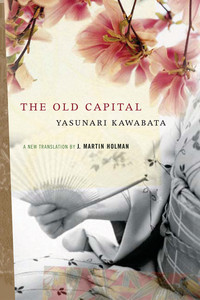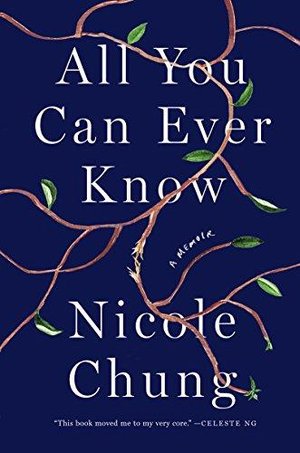
Chieko lives with her parents in the same building that houses their shop in Kyoto. This gentle story of a few months in her life begins with three images and a visit to a shrine. First she notices the violets blooming separately in two hollows of the ancient maple tree in their courtyard, a sign for her each year that spring has arrived.
At the foot of the maple tree is an antique stone lantern. The carving, weathered by hundreds of years of storms, can no longer be distinguished beyond being a human figure. Her father thinks it might represent Jesus. They are not Christians but like the lantern as an ornament.
Then she considers the bell crickets she raises: “they were born, chirped, laid eggs, and died all inside of a dark, cramped jar. Still . . . it preserved the species.”
She leaves the shop to view the cherry blossoms at Heian Shrine with her school friend Shin’ichi. When he remarks three times on what a happy girl she is, Chieko questions him, and then reveals that she was abandoned as a small child outside the red lattice door of the shop where she lives now with her adoptive parents.
By now several themes have emerged that are central to Japanese literary tradition: the ephemerality of existence, connection to the natural world, and the traditional festivals that mark the year. In addition, we have more modern themes: the sense of isolation, loss of faith, and questions about identity.
Much more will happen, of course. This may seem a simple story on the surface, but much is going on underneath. There are small things on every page that reflect or enhance these themes: an old shop sign that has become a mere decoration, the Botanical Garden that now includes beds of garish Western tulips, or the particular attention to camphor and cedar trees, both of which are used to preserve garments.
Speaking of the closing of the last streetcar, the proprietress of a teashop says, “It’s essential that people should cling to the past.” So much here is about negotiating the loss of the past. The old festivals are celebrated, though in abbreviated form; young men and women still go courting, but expect to be able to choose their own spouses; the capital was moved to Tokyo in 1868, yet people still refer to Kyoto as the old capital.
The Botanical Garden has only recently reopened; the occupying American military used it for their housing and closed it to Japanese citizens. To me, this detail signals the loss that haunts this book. It was first published in Japan in 1962, only 17 years since the Japanese surrender ending WWII and 10 years after the end of the Allied occupation.
More than just being defeated, losing the war was a blow to the identity of a proud people. There were the catastrophic attacks on Hiroshima and Nagasaki; then they were ordered to revise their constitution, give up their empire status, and see their formerly divine Emperor reduced to symbolic status. Plus the country was opened to Western influences in a way ithadn’t been before.
Such a huge cultural upheaval must have created conflicts between tradition and innovation, excitement and nostalgia. On a large scale, of course, but also within families and even within individuals. We see this most clearly in Chieko’s father.
As writers we’re advised to remember the larger context of our stories (political, social, legal, etc.) and how that might influence our characters’ situations and choices. We are also advised to make every detail count and align it with our theme. This seeming simple story does both to a remarkable extent.
The microcosm of Chieko and her family holds a much larger story about how we handle the past—what we keep and what we discard—not only traditions but also our memories and our own identities. This beautifully written story is one that will haunt me.
Have you read anything by Nobel laureate Yasunari Kawabata? What book would you recommend?
